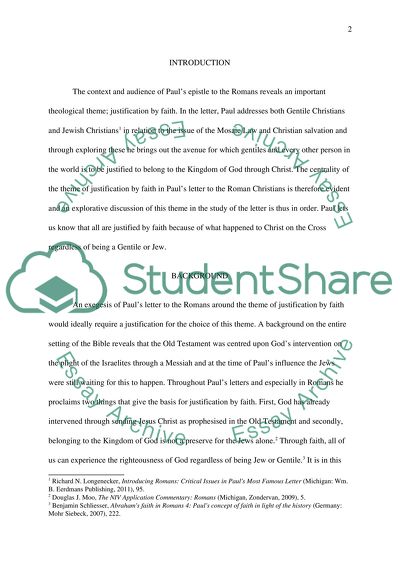Cite this document
(“JUSTIFICATION BY FAITH: AN INVITATION TO ALL OF MANKIND DUE TO CHRISTS Research Paper”, n.d.)
Retrieved de https://studentshare.org/religion-and-theology/1391507-justification-by-faith-an-invitation-to-all-of-mankind-due-to-christs-crucifixion
Retrieved de https://studentshare.org/religion-and-theology/1391507-justification-by-faith-an-invitation-to-all-of-mankind-due-to-christs-crucifixion
(JUSTIFICATION BY FAITH: AN INVITATION TO ALL OF MANKIND DUE TO CHRISTS Research Paper)
https://studentshare.org/religion-and-theology/1391507-justification-by-faith-an-invitation-to-all-of-mankind-due-to-christs-crucifixion.
https://studentshare.org/religion-and-theology/1391507-justification-by-faith-an-invitation-to-all-of-mankind-due-to-christs-crucifixion.
“JUSTIFICATION BY FAITH: AN INVITATION TO ALL OF MANKIND DUE TO CHRISTS Research Paper”, n.d. https://studentshare.org/religion-and-theology/1391507-justification-by-faith-an-invitation-to-all-of-mankind-due-to-christs-crucifixion.


